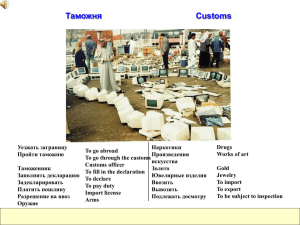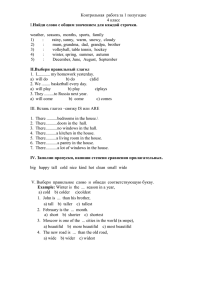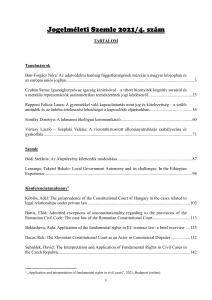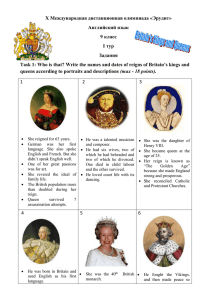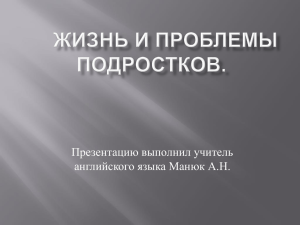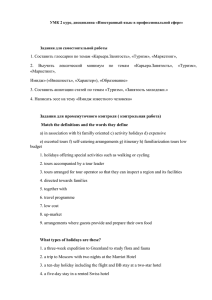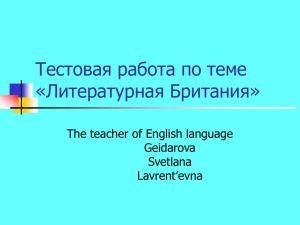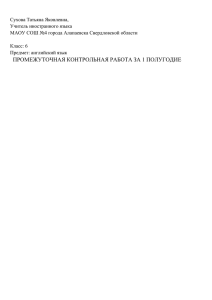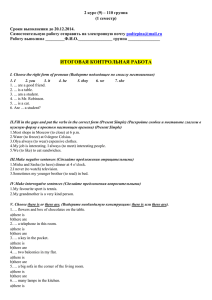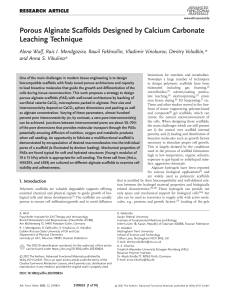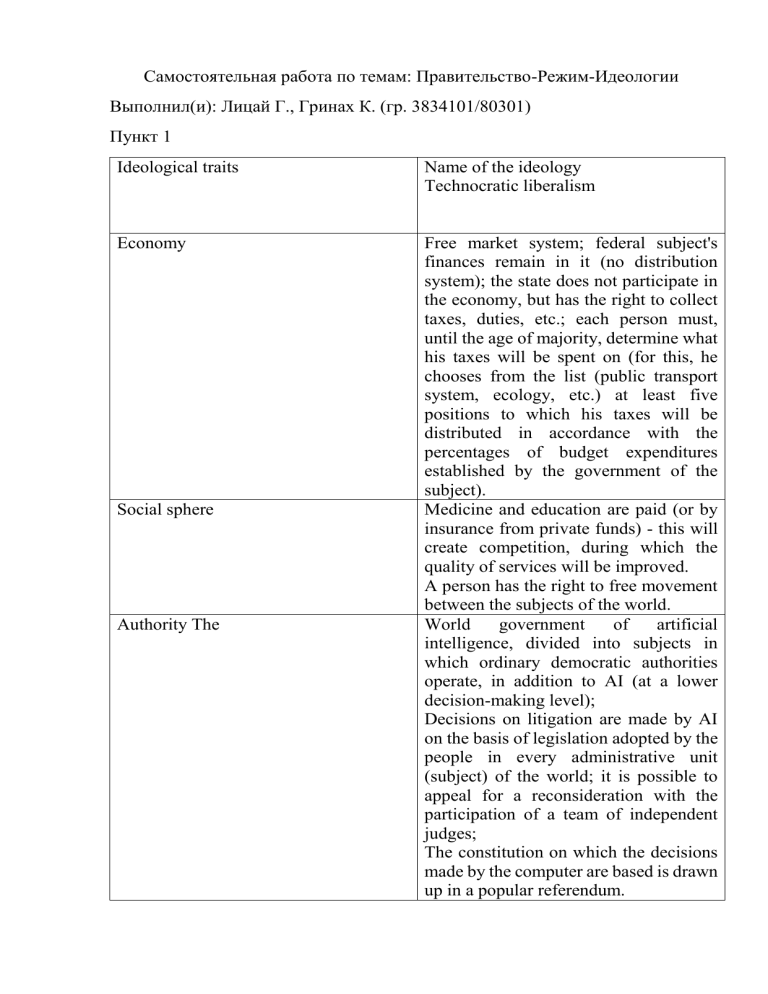
Самостоятельная работа по темам: Правительство-Режим-Идеологии Выполнил(и): Лицай Г., Гринах К. (гр. 3834101/80301) Пункт 1 Ideological traits Name of the ideology Technocratic liberalism Economy Free market system; federal subject's finances remain in it (no distribution system); the state does not participate in the economy, but has the right to collect taxes, duties, etc.; each person must, until the age of majority, determine what his taxes will be spent on (for this, he chooses from the list (public transport system, ecology, etc.) at least five positions to which his taxes will be distributed in accordance with the percentages of budget expenditures established by the government of the subject). Medicine and education are paid (or by insurance from private funds) - this will create competition, during which the quality of services will be improved. A person has the right to free movement between the subjects of the world. World government of artificial intelligence, divided into subjects in which ordinary democratic authorities operate, in addition to AI (at a lower decision-making level); Decisions on litigation are made by AI on the basis of legislation adopted by the people in every administrative unit (subject) of the world; it is possible to appeal for a reconsideration with the participation of a team of independent judges; The constitution on which the decisions made by the computer are based is drawn up in a popular referendum. Social sphere Authority The Key feature Broad rights and freedoms in all spheres of life are prescribed by AI, which does not make mistakes and cannot have personal benefits or desires, unlike humans. Пункт 2 Government (10-20 sent) 1. What spheres it touches upon? World level: world order, lawmaking at the global level, to some extent can influence all spheres; Subject level: public administration and financing, lawmaking, internal order of the subject, relations with other subjects. 2. What spheres it does not influence? Medicine, education (excluding certification); personal life, spiritual and cultural spheres (cultural funding - from private funds). 3. Which tasks it does implement? Global level: peacekeeping, resolving disputes between subjects, the highest court, monitoring the implementation of constitutional provisions, control over lower-level governments; Subject level: Budgeting - the local legislature sets what percentage of the budget is needed for each funded area. Lawmaking, but with the need to confirm the legitimacy of the adopted acts with the AI. The government is in charge of monitoring the implementation of laws, the use of budget funds (without the possibility of direct contact with finances) and the functioning of all spheres of social life, but has the authority only to conduct certification and make recommendations. Internal protection is also the task of subject-level government. 4. System of institutions (name, tasks, credentials) World level: a world government, elected and controlled by the AI, which is also the chief judge of the supreme and constitutional courts. The tasks include ensuring high-quality cooperation between the subjects, maintaining order, monitoring the legitimacy of the actions of their governments. Subject level: government and parliament, elected by the people, and responsible to them, to each other and to the AI. Their tasks include all the standard functions of democratic institutions, with the exception of those that are left to free regulation by the market. Пункт 3 (10 sent) Political regime Democracy with elements of authoritarianism Most social institutions are represented by private companies, therefore they interact with each other on the principles of competition, and society is a consumer of their paid services. The society can participate in public administration, choosing what their taxes will be spent on. Since society is also given a choice whether to pay insurance premiums or not, the state is not responsible for the provision of social support (medical, pension, etc.). You can get social support through private foundations. The Armed Forces are represented only by law enforcement agencies, which have the authority to suppress violations and lawfully deal with violators of the order. Judicial decisions are made by the AI, but a person, under appropriate circumstances, can appeal to the consideration of a case by a team of independent judges, its decision will be considered by a computer as a precedent, and its legality will be checked. As a result, further development of artificial intelligence will occur. The authorities can only act in accordance with the law, but the whole society is also obliged to follow it.
